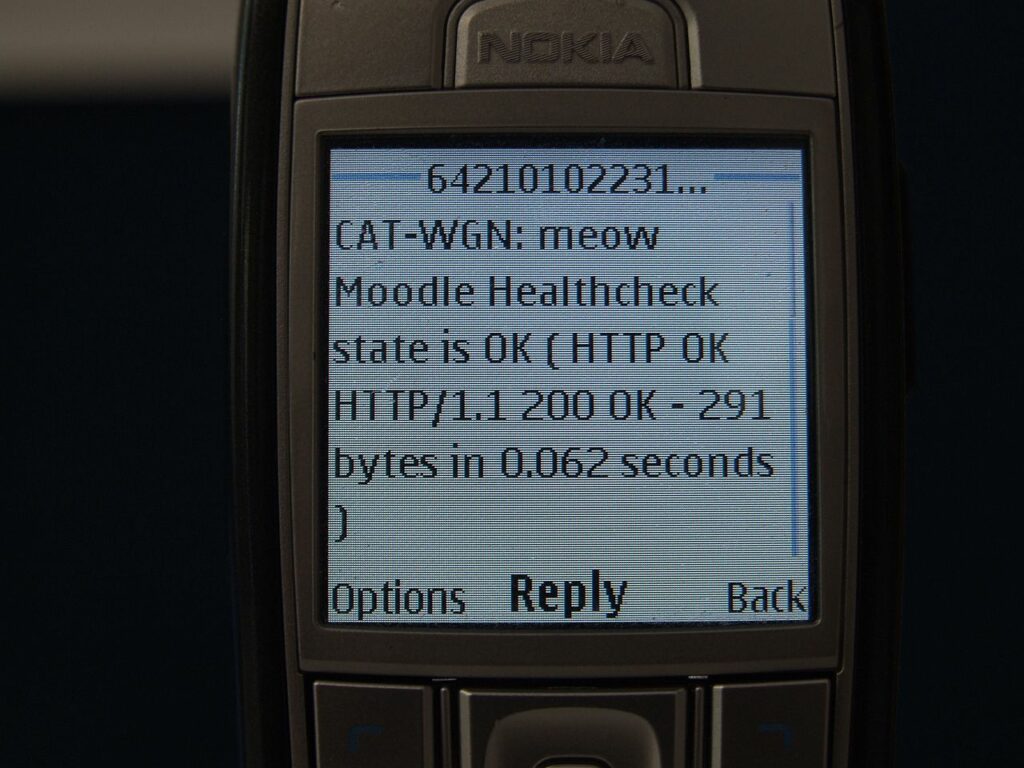
(Rightallegiance.com) – A large-scale phishing campaign is sweeping across the U.S., impersonating state DMVs via spoofed text messages that threaten license suspensions or hefty fines unless recipients click fraudulent links. Authorities and cybersecurity experts are already warning the public to be vigilant.
Victims receive alarming texts like:
“DMV notice: License Suspension — Verify Now”
“Final Notice: Enforcement Penalties Begin on June 5.”
These messages contain malicious links—often disguised as legitimate, government-looking URLs—that lead to sites requesting driver licenses, Social Security numbers, and payment details.
With inherent urgency—license suspension, legal threats—the scam preys on fear and inexperience.
At least a dozen states have issued alerts, including California, Florida, New York, Illinois, Virginia, Connecticut, Wisconsin, Minnesota, Iowa, Alabama, Tennessee, and New Jersey.
Illinois: Scam texts mention false administrative codes and demand gift cards or wire-transfers.
Connecticut: Police urge residents not to click or respond.
California: DMV cautions about fake social media ads promising renewal discounts.
Tennessee & Alabama: Official agencies emphasize they never send messages demanding payment or info via text.
Others (Wisconsin, Minnesota, Iowa) have echoes of similar warnings.
These scams leverage AI-enhanced messaging to appear authentic—accurate grammar, realistic URLs, and plausibly urgent language.
In 2023, fraudulent texts cost Americans $470 million. Victims report stolen identities and illegitimate charges tied to fake renewals or fictional toll obligations.
Key warning signs include:
Unsolicited texts claiming urgent DMV business.
Links that don’t match official “.gov” domains.
Requests for full personal or financial data.
Mismatch in language or using unfamiliar phone numbers. Always log in via the official DMV website—not linked texts—and verify any message by phone.
State DMVs, attorneys general, and local police have escalated public alerts. Mobile carriers and tech firms are working on blocking these spam texts at the network level. Meanwhile, agencies urge forwarding suspicious messages to 7726 (SPAM) or reporting to the FTC and IC3.
What You Should Do If Targeted:
Do not click, reply, or engage.
Forward the message to 7726 and delete it.
Report to the FTC via ReportFraud.ftc.gov or IC3.gov.
Check your DMV account directly for any legitimate notices.
Monitor statements and credit reports for suspicious activity.
As summer travel ramps up, so too does the threat of “smishing”—phishing via SMS. Scammers increasingly use realistic messages and fear tactics, making vigilance essential. By reporting and educating others, we can curb this creeping, costly threat to our personal and financial safety.